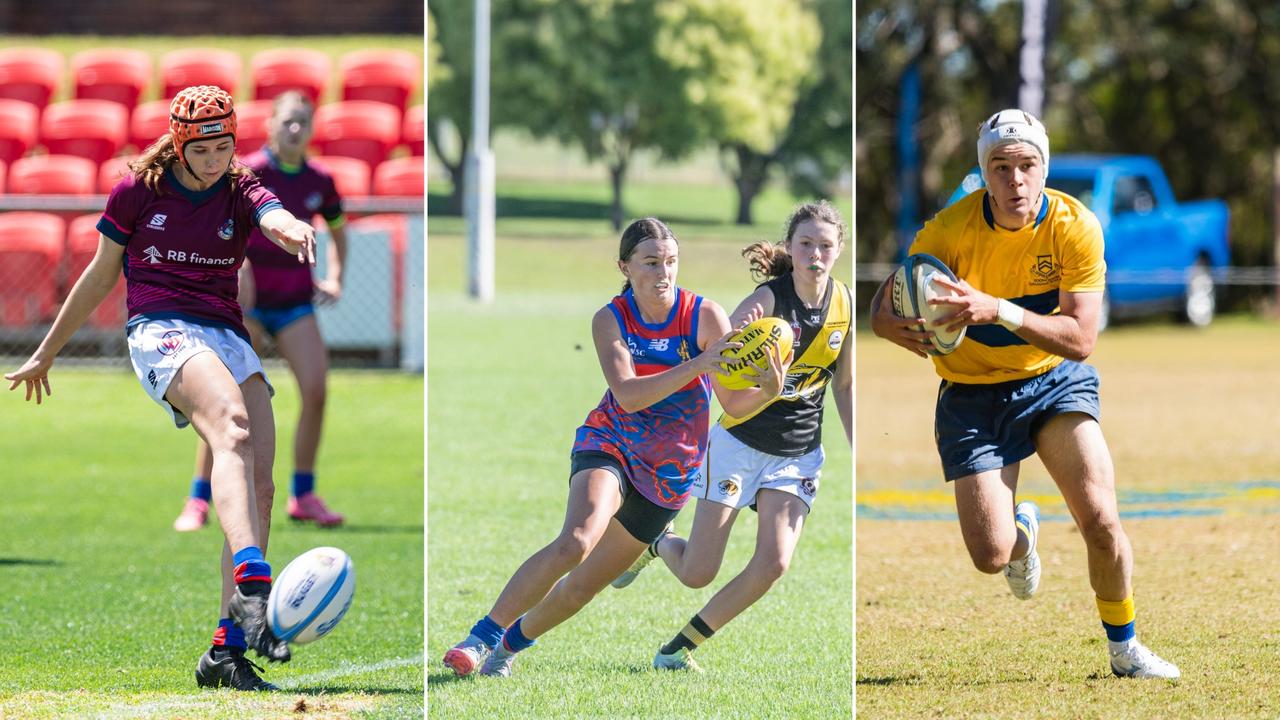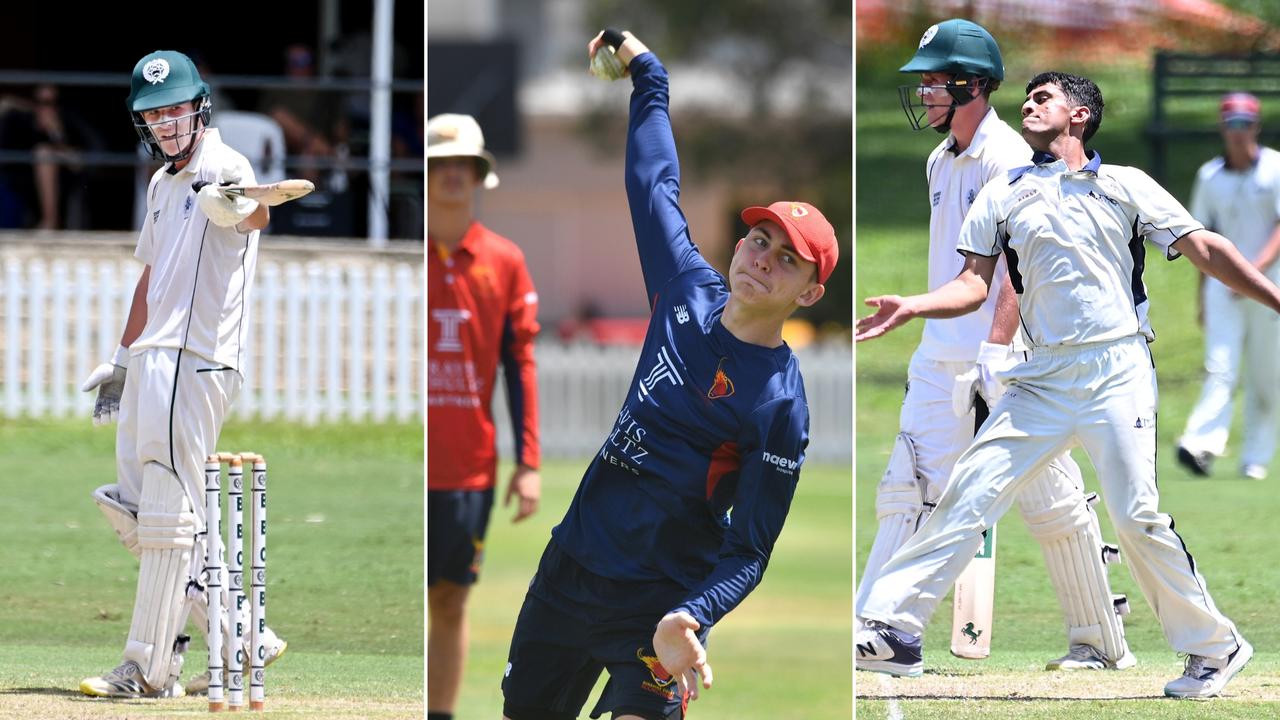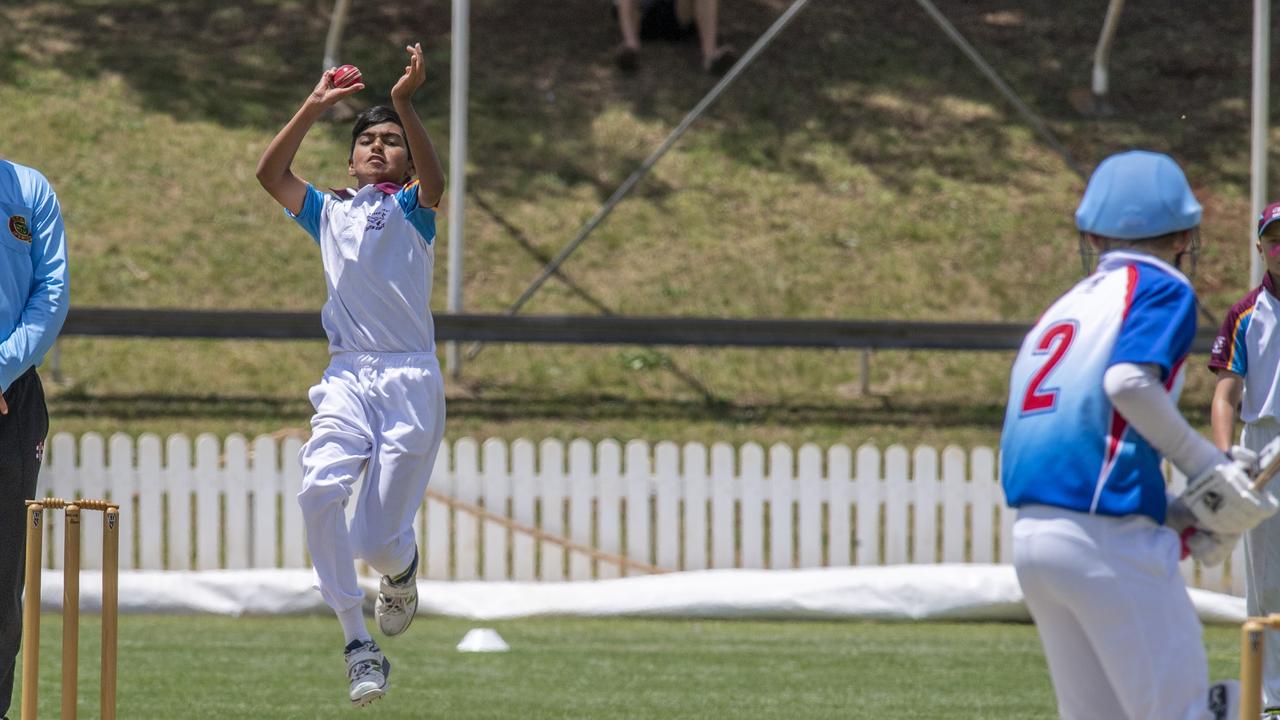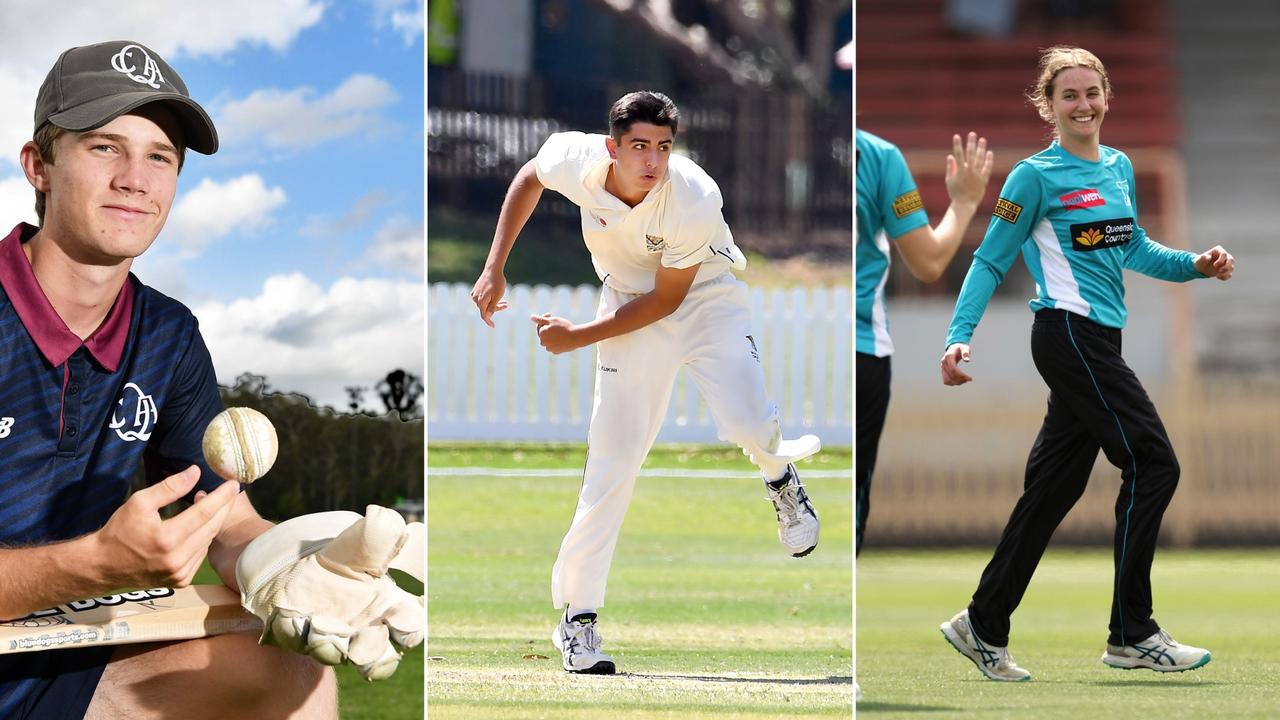Lest we forget athletes are people too
When athletes are put on a pedestal, the mere sporting mortals among us take great joy in knocking them down a peg or two when they make a mistake.
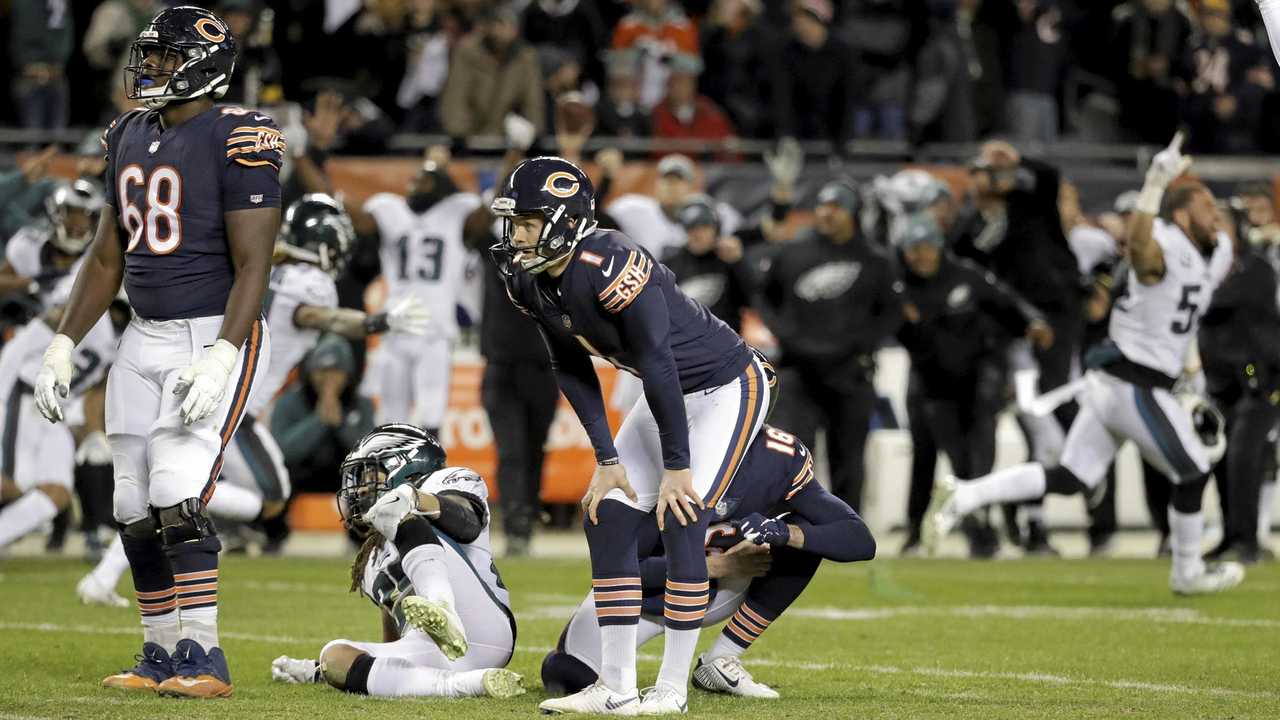
Sport
Don't miss out on the headlines from Sport. Followed categories will be added to My News.
IT IS easy to forget sometimes, when watching a professional athlete kick or pass a ball around a field for more money per-season than some see in their lifetime, that they are just as susceptible to the pressures of life as we are.
"Money cannot buy happiness” is a common and poignant adage when it comes to discussing the work-life balance of professional athletes, however many fans like to forget that reality.
Chicago Bears kicker Cody Parkey became the low-hanging fruit of social media this week, after he missed a crucial field goal which would have sent his team further into the NFL post-season over the Philadelphia Eagles.
Parkey had moments earlier produced what would have been the go-ahead field goal only for the play to be blown dead as the Eagles played mind games with the Bears kicker by calling for a timeout.
It worked. He missed.
Parkey's miss understandably saturated the post-match coverage. The American network broadcasting the match had a highlight reel of his previous misses queued, ready to go in the event the Bears kicker became culpable for his side's loss. Facebook, Instagram and Twitter already had a plethora of jokes making the rounds by the time Parkey made it back to the lockeroom.
Fans and pundits alike are quick to jump on such instances of failure. When athletes are put on a pedestal, the mere sporting mortals among us take great joy in knocking them down a peg or two when they make a mistake.
Being a professional athlete comes with its many advantages, yes. But often it can also be a very isolating experience, only exacerbated by the microscope players are put under each and every week.
They are but a tag or tweet away from abuse by an internet stranger with nothing better to do than spew hatred. Often for reasons a lot less obvious than a field goal miss. It can place a great added mental burden on players, particularly when things may not be going well on the field also.
And then there are athletes like young Victorian cricketer Will Pucovski, who recently spoke about his own mental health battle on Fox Cricket's 'Follow-On' podcast.
Pucovski is in line to become the 34th-youngest Australian Test debutant after he was today named in the squad to face Sri Lanka later this month. The 20-year-old's inclusion comes after a dominant 243 from 311 display against Western Australia in a Shield match back in October.
Pucovski's mental battles were not borne out of online vitriol or through poor performance. He was not entirely sure from where they emanated. They just did. It is still ongoing.
Thankfully, because of the example set by those athletes who came before him brave enough to speak out, Pucovski was quick to confide in his coaches and was given the support he needed.
Pucovski's story is one with which many young Australians can relate. Depression and anxiety rarely discriminates - it can affect anyone regardless of age, gender, profession, profile or bank balance. It hits some harder than others; some find it easier to seek help than others.
If Pucovski does take his place in the Test side at the Gabba against Sri Lanka, successful or not, he deserves applause for his achievement, and also for being brave enough to speak out on a topic which, although growing in the public consciousness is still very much forgotten about in the heat of the moment.
The next time you see the low-hanging fruit and take to Twitter or Facebook for a slight dig, perhaps think again.
Originally published as Lest we forget athletes are people too

